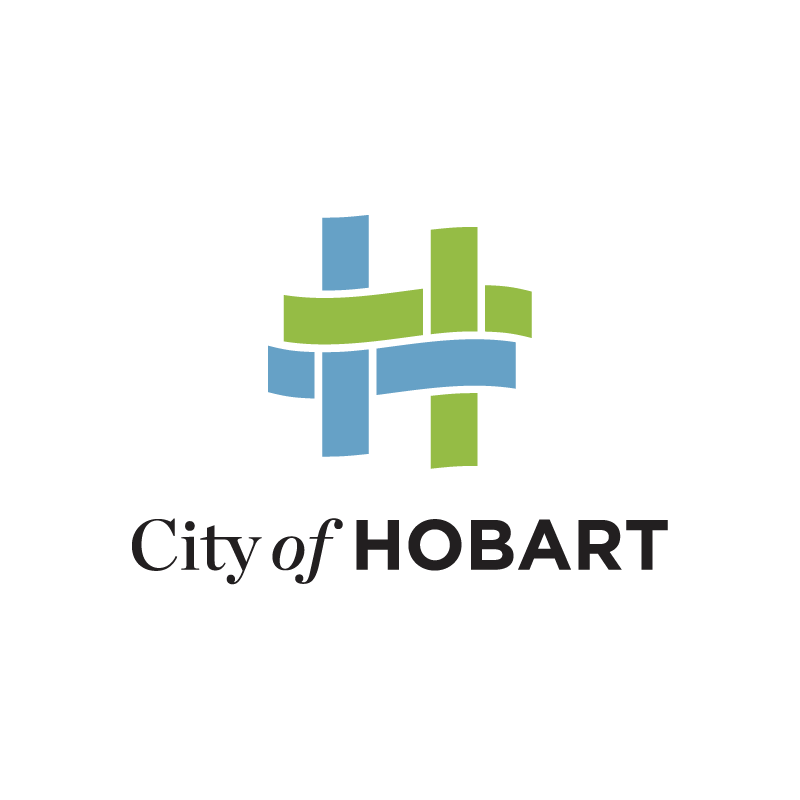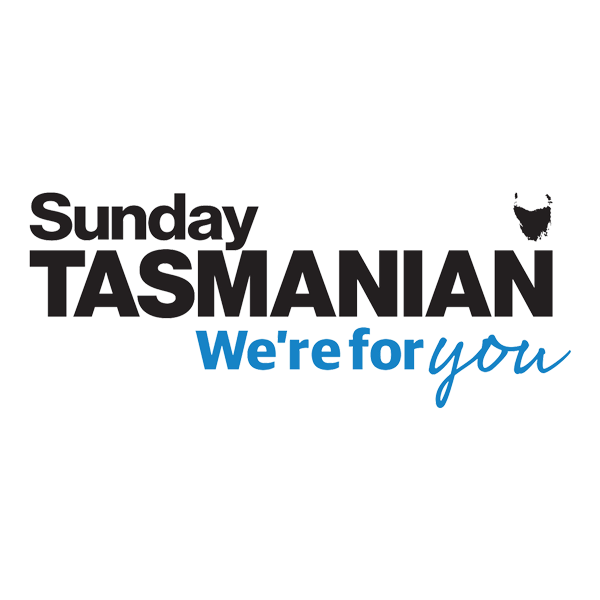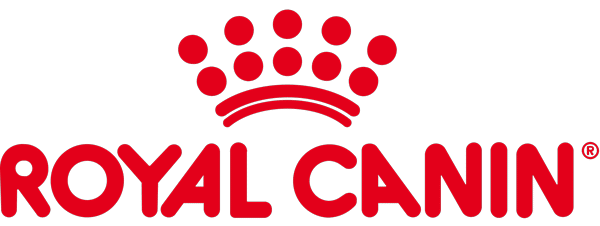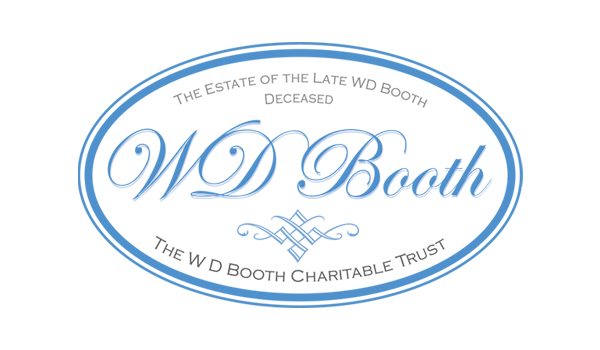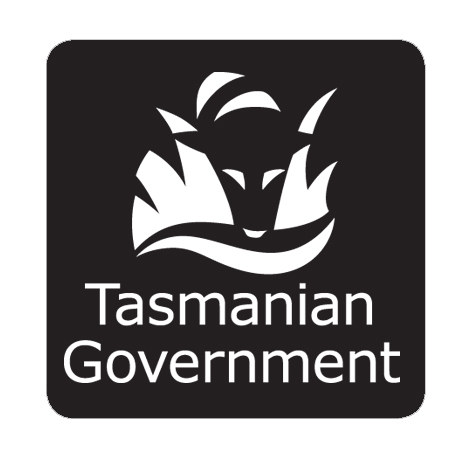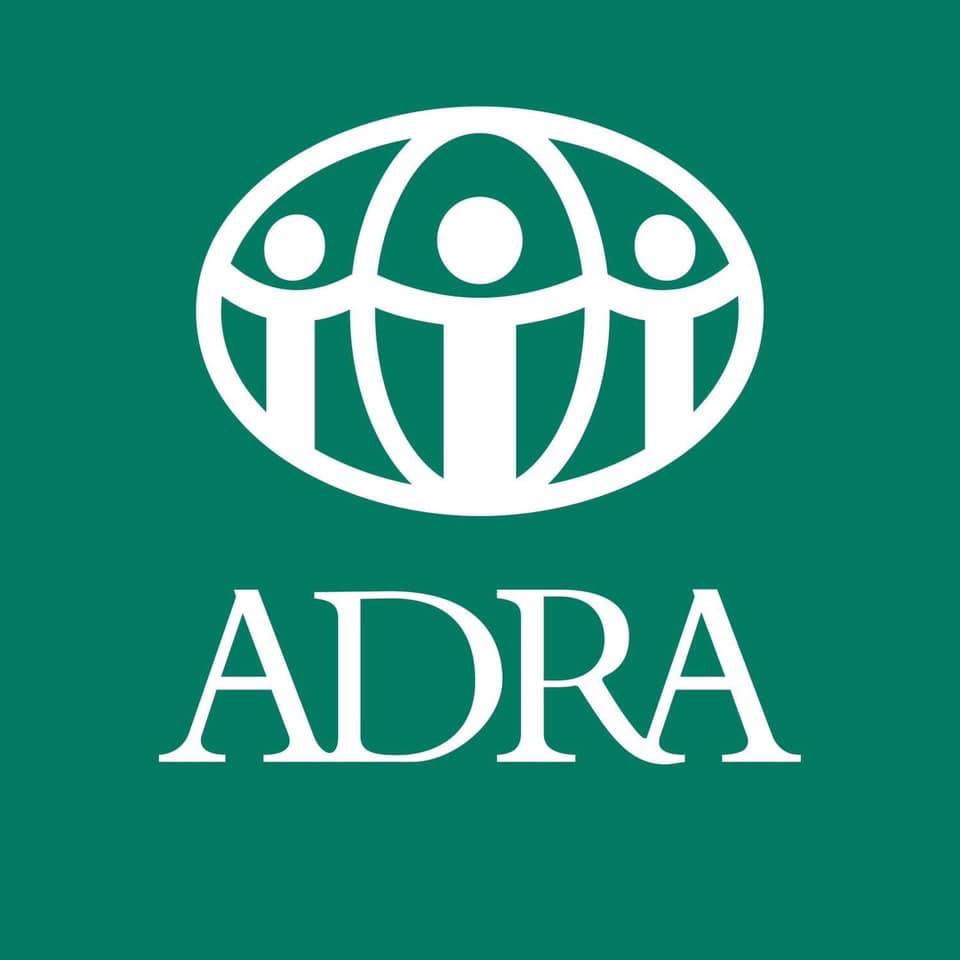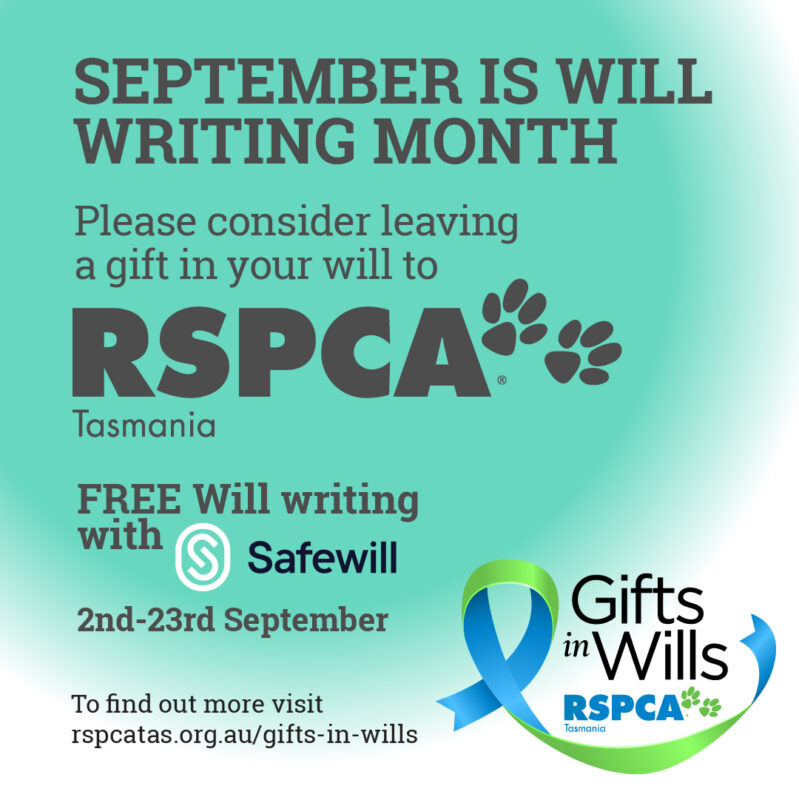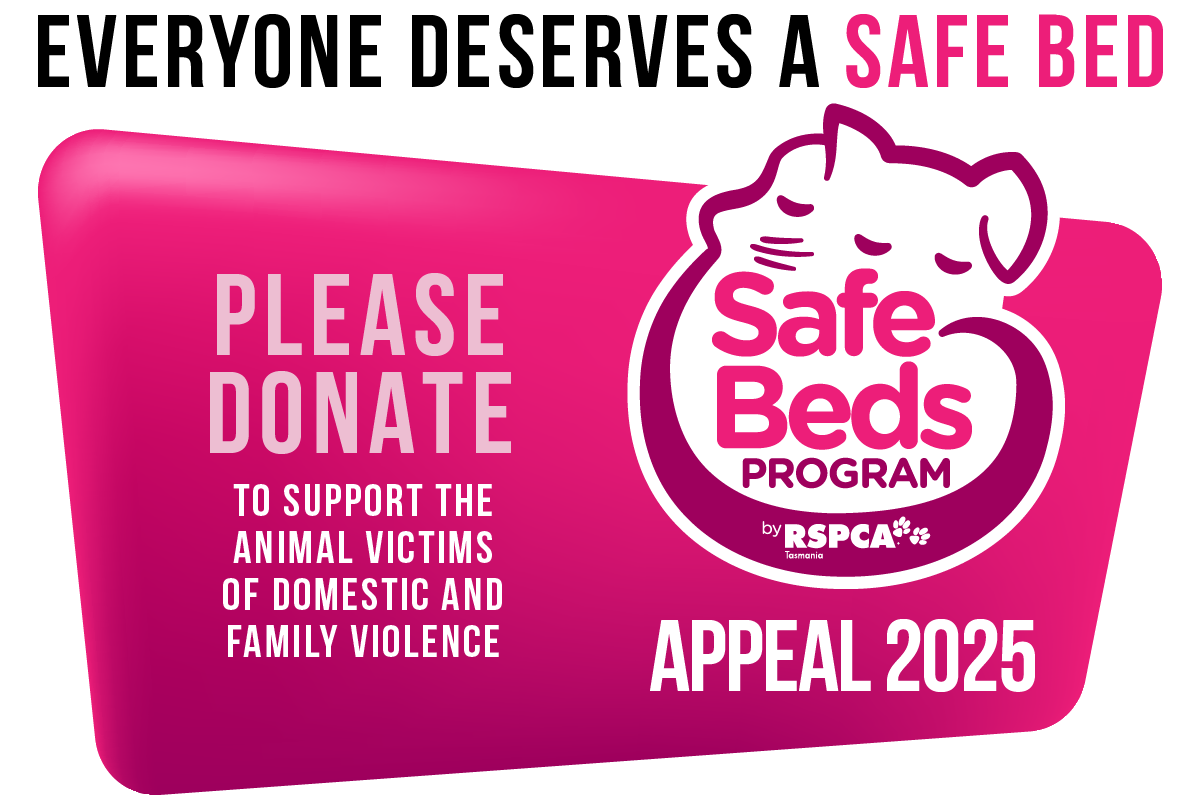House-training your dog
This information focuses on puppies, but the basic concepts are the same for adult dogs that are new to your home or old pets that need to be re-trained.
Firstly, adult dogs can hold their bladders for longer periods.
Secondly, adult dogs may have prior learning that needs to be re-enforced.
If you follow a few simple steps and are diligent, house-training your puppy or adult dog can be an easy and stress-free process. Ideally, you should set up the following for your puppy:
- Puppy-proof outdoor yards that have room for toileting, play and sleep. You should be able to leave your puppy there unsupervised for short periods.
- A leash to be used when the puppy is inside with you or being toileted outside.
- A puppy-proof indoor pen where you are able to leave your puppy for short periods when you are unable to supervise.
- A crate if necessary.
All puppies have a natural instinct to keep their eating and sleeping places clean from toileting. Therefore, if you confine your puppy to a crate, you will be utilising this instinct to the best of your ability.
If the crate is not for you, a puppy-proof pen with a small area of instant turf or fake grass is a good alternative, but training might take a little longer. When toilet training puppies, your aim is to always be ready to take your puppy out to toilet in the right spot.
Puppies have very small bladders, so you will need to give them the opportunity to go to the toilet every 1-2 hours, even at night! Puppies are also more likely to toilet after a walk, feed or long play session, so you will need to be extra vigilant during these times and be ready to take your puppy out to the toilet at a moment’s notice.
Set that clock!
When your puppy is inside with you, set a timer or clock for every hour.
When the timer goes off, put your puppy on a leash and take it out to the designated toilet area. Don’t play with your puppy otherwise they might get toilet time confused with play time.
During this time, simply wander around and wait for them to go to the toilet. If this doesn’t occur within five minutes, head back to your daily chores but tie the puppy’s lead to your belt clip (or something similar).
This will enable you to keep your eye on the puppy and any ‘toilet like’ behaviour (sniffing the ground, circling, etc).
Every five minutes, take the puppy out to the designated toilet area and wait a couple of minutes for them to go to the toilet.
Repeat this process until your puppy does go to the toilet. When it does, be sure to give them heavy praise, a treat and perhaps some play time with you. Put the puppy back in its confined play area and set the timer again.
When you can’t be there
As much as we would like to, we can’t spend every minute of the day watching our puppies and making sure they don’t get into mischief.
Setting up an indoor play area for your puppy means that you can go about your daily business without having to worry about the puppy getting under your feet or into something they shouldn’t.
Your puppy’s indoor area will also limit the places where they can have an ‘accident’. Think of your puppy gaining ‘rights’ to roam free around the house. These ‘rights’ are awarded through toilet training and limited destructive behaviour. As your dog grows older and becomes more reliable, they can have more access to the house. ‘Baby’ gates also work well as barriers.
Just remember, house rules still apply, so take your puppy out on an hourly basis for an opportunity to relieve itself. An outdoor area is also a good idea for when the puppy needs to be alone for longer periods.
Add a cue!
If you take the time to toilet train your dog as a puppy, it can make things very easy and convenient throughout its entire life. Adding a cue to the behaviour of your puppy relieving itself is a handy tool.
Think of those cold winter nights and trying to get your puppy to go to the toilet before bed. Wouldn’t it be nice if they would just ‘go’ on command rather than waiting around for ages?
What about those quick toilet stops on a long car ride?
While your puppy is relieving themselves, repeat a command of your choice that will communicate to your dog that it is toilet time (eg. “toilet”, “quick”, “hurry) up”).
Give your dog lots of praise when they relieve themselves. Initially, you should say the command once your puppy has started going to the toilet. As the puppy learns, you should say it just before they relieve themselves.
Later on, you should only need to say it when you let the puppy outside. Always remember to reward your puppy with treats and praise for doing the right thing.
Knowing when to head outside
It’s your responsibility to take your puppy outside when it might need to relieve themselves. The quicker you become an expert at reading your puppy’s signals, the faster it will become house-trained.
It is likely that your puppy will need to relieve themselves if it:
- Has just woken up
- Was just let out of its “puppy-area”
- Just ate/drank
- Had been chewing on something for a while and got up to find something else to do
- Was excited, agitated or more active than usual
- Wandered away from an area they were playing in and started sniffing the floor
- Was pacing or whining
- And last but not least, the scent of urine is like a neon sign that says “toilet” to dogs. That’s why it’s so important to clean up accidents correctly. Use a commercial, enzymatic cleaner designed for neutralising odours.
When accidents happen
No matter how diligent you are, the occasional mistake is inevitable.
NEVER punish your dog for a mess they made, whether you saw it happen or not. Do not rub their nose in the mess, hit them, yell at them, or punish them. The dog will not understand that you are upset at them for something it did in the past.
If you do catch your dog in the act, pick it up and take it outside immediately.
Do this cheerfully and give the dog a treat and plenty of praise if it goes to the toilet outside.
Being harsh or punishing your dog for an accident will only teach it that it shouldn’t relieve itself around you.
This results in the very common problem of dogs sneaking off to relieve themselves away from their owners rather than going outside in their presence.
Further difficulties
Health
More often than not, when a house-trained dog suddenly starts having accidents in the house, an underlying health issue is usually the cause. If this is occurring, make sure that your dog has a full physical exam by a vet to rule out any possible health issues before exploring the potential behavioural causes.
Time spent cooped up
Sometimes our pets can’t ‘hold on’ for as long as we would like them to, especially if they are a younger or older dog. Make sure your dog has access to a toilet area or has regular toilet breaks if they are in a confined space.
Changes to routine or lifestyle
Dogs are creatures of habit and therefore, subtle changes to your dog’s schedule can affect its toileting routine. Diet changes can cause problems with toileting due to an upset tummy during the change.
You should always make sure diet changes are done gradually in order to minimise tummy upsets. Dogs can also be sensitive to specific ingredients, so make sure nothing new has been added to the dog’s diet.
Environmental changes, such as a new house or even a change in the toileting surface (eg. from grass to concrete) can affect your dog’s toileting routine.
Simple things such as always being toileted off a lead and always doing it in the yard can also affect your dog’s toileting habits. Putting toilet behaviour on cue can be a great help in dealing with these minor issues.
Household stress can affect your dog’s house-training. Some things that may temporarily interrupt house-training include moving house, new people in the house, the birth of a baby, divorce, illness or the death of a loved one.
Summary
- Your puppy is reliably house-trained when they have not gone to the toilet indoors for four consecutive weeks.
- Until then they must always be supervised out in the yard or indoors in their puppy-proof area.
- Teach your dog to be happy and entertained in a small area when you can’t supervise them.
- Go outside with your dog and give them treats immediately after they go to the toilet.
- Initiate toilet time by taking your dog outside – don’t just wait for them to ask.
- Learn to read your dog’s behavioural patterns. Pay attention to any signals that might mean they need to relieve themselves.
- Clean up accidents with enzymatic neutralisers, not household detergents.
- Gradually expand your dog’s freedom in the house. Spend time in each room and feed, train and play in it.
- Feed on a regular schedule.
- Be patient. Remember that you’re both doing your best. Forgive mistakes and work towards preventing them in the future.
Credit RSPCA VIC

